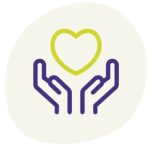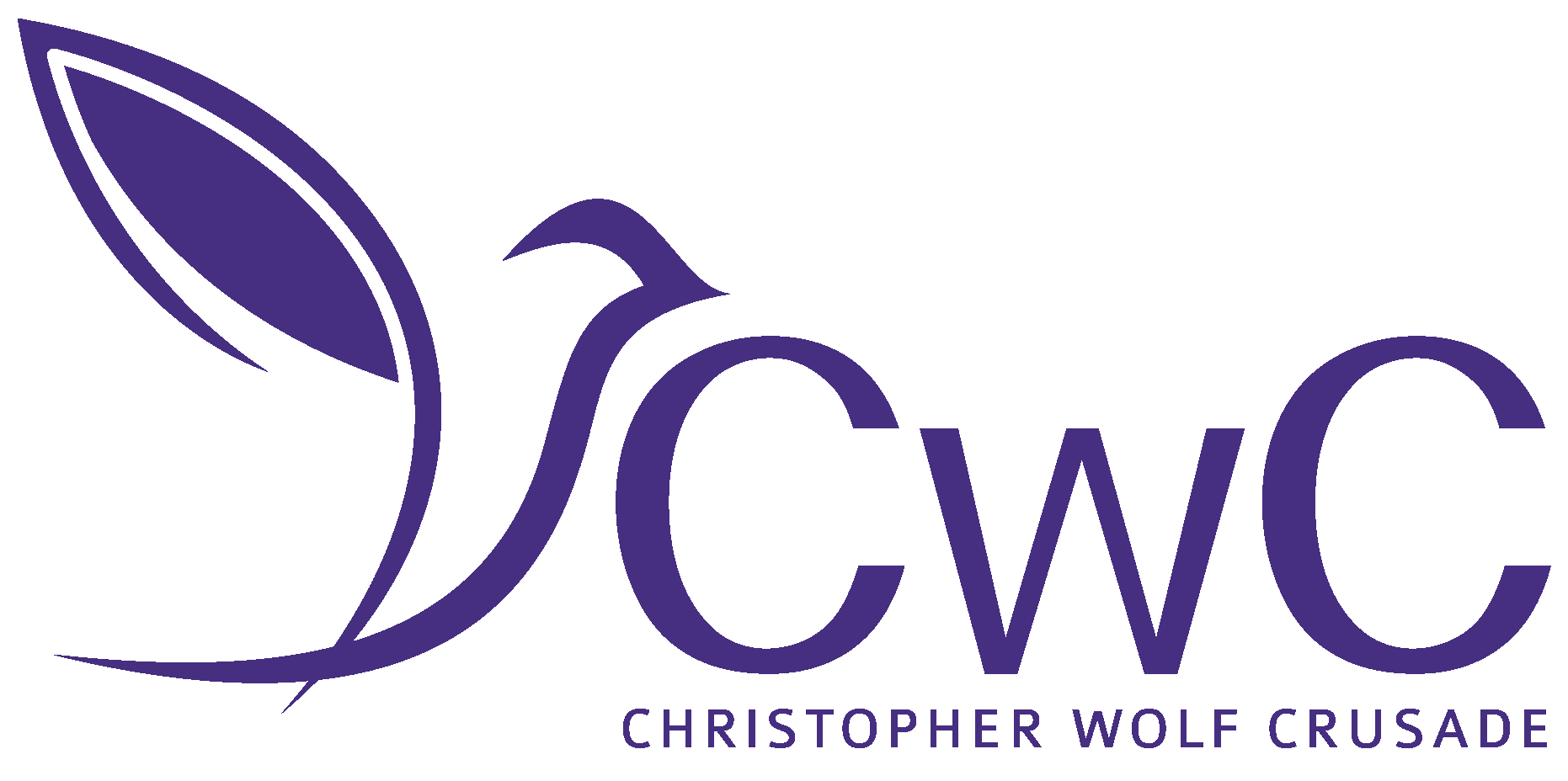Life Care Specialist
CwC’s Life Care Specialist
YOUR Care Coach
Care for the whole person
Life Care Specialists Are There When It Counts.
Life Care Specialists provide patients with educational resources and alternative pain management skills. The goal of implementing this program is to end opioid addiction before it begins.
The curriculum and training for the Life Care Specialist was developed by the Community Resiliency Model (CRM). exclusively for the Christopher Wolf Crusade.
80% of heroin users reported using prescription opioids prior to starting heroin.
Opioid overdose deaths have increased by 40% since the beginning of the COVID pandemic.
19% of people who take prescription medications develop a dependency -American Psychiatric Association.
Backed By Clinical Research

The first group of Life Care Specialists have completed a two year clinical trial at Grady Memorial Hospital in Atlanta, GA. This study is being conducted under the supervision of the Emory University Institutional Review Board (IRB) and Mara L. Schenker, MD. This study is registered on clinicaltrials.gov.
The Skills
Life Care Specialists Provide Necessary Help
Post-surgery trauma patients are in immense pain, and the only current medical solution is prescribing them with Opioids, a highly addictive drug with dangerous side effects. Life Care Specialists provide these patients with evidence based wellness skills and nervous system regulation techniques as an alternative to opioids.
Life Care Specialists provide a more personal touch, as they work one-on-one with patients to develop individual pain management plans. They are also trained to evaluate personal risk factors for substance misuse and to give referrals to existing hospital services.

“You walk into the room of a patient that has suffered a traumatic injury and is trying to cope with their pain. You walk out of the room with the patient reporting that their anxiety has decreased, their pain is more manageable, and they know that their prescription medication is addictive.”
- Bailey, Life Care Specialists since 2019
Stopping Opioid Addiction Before It Begins.
Life Care Specialists provide patients with education and skills that are often overlooked. They begin by assessing each patient’s risk for opioid misuse and educating them about the dangers of opioids. They then teach the patients about evidence-based alternative pain management and wellness skills, along with providing them written educational materials upon discharge.
Once the patient has been discharged, Life Care Specialists follow up with them for up to one year, monitoring their opioid use and continuing to assess the risk. If necessary, they can also facilitate patient referrals to existing hospital services.
